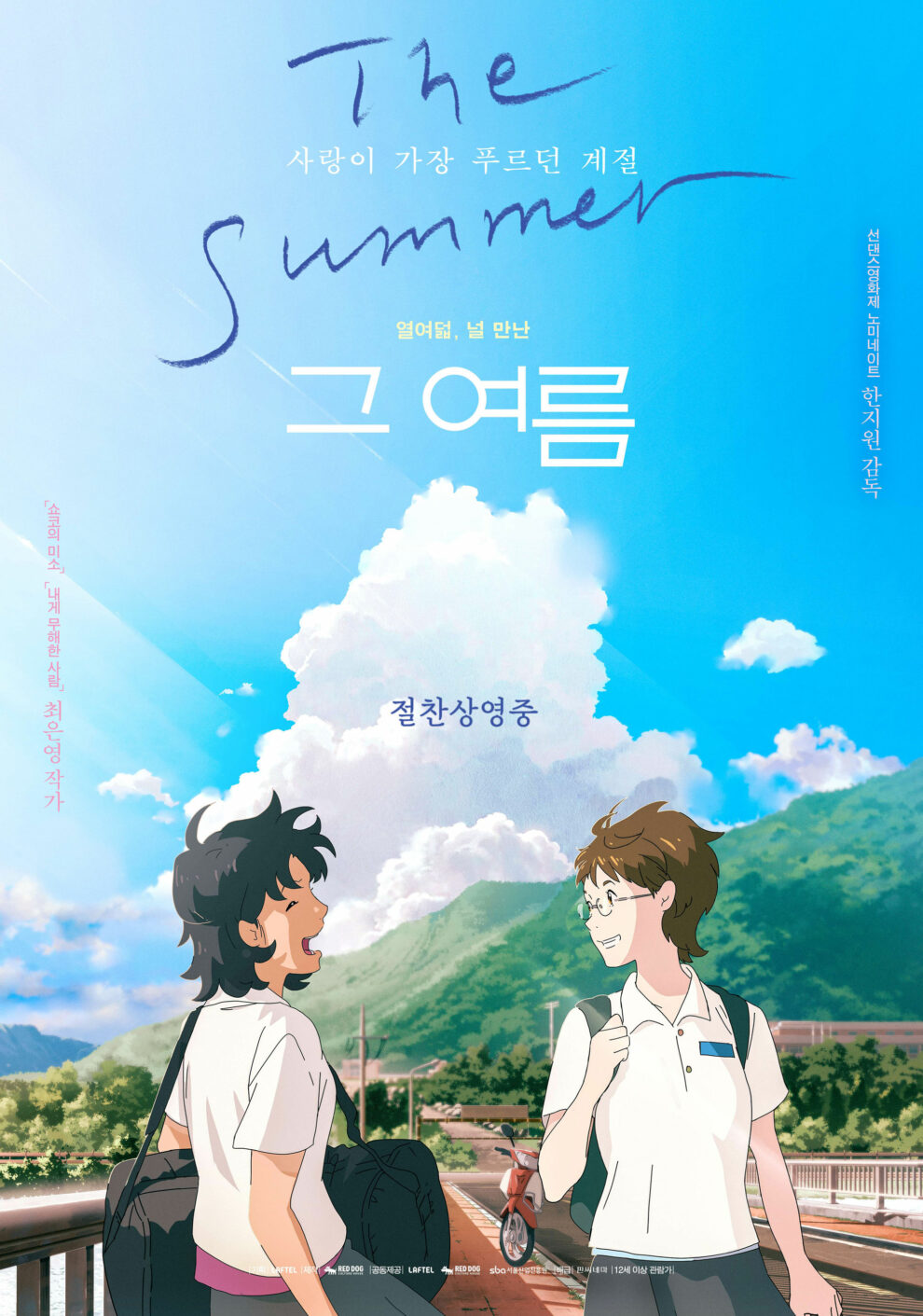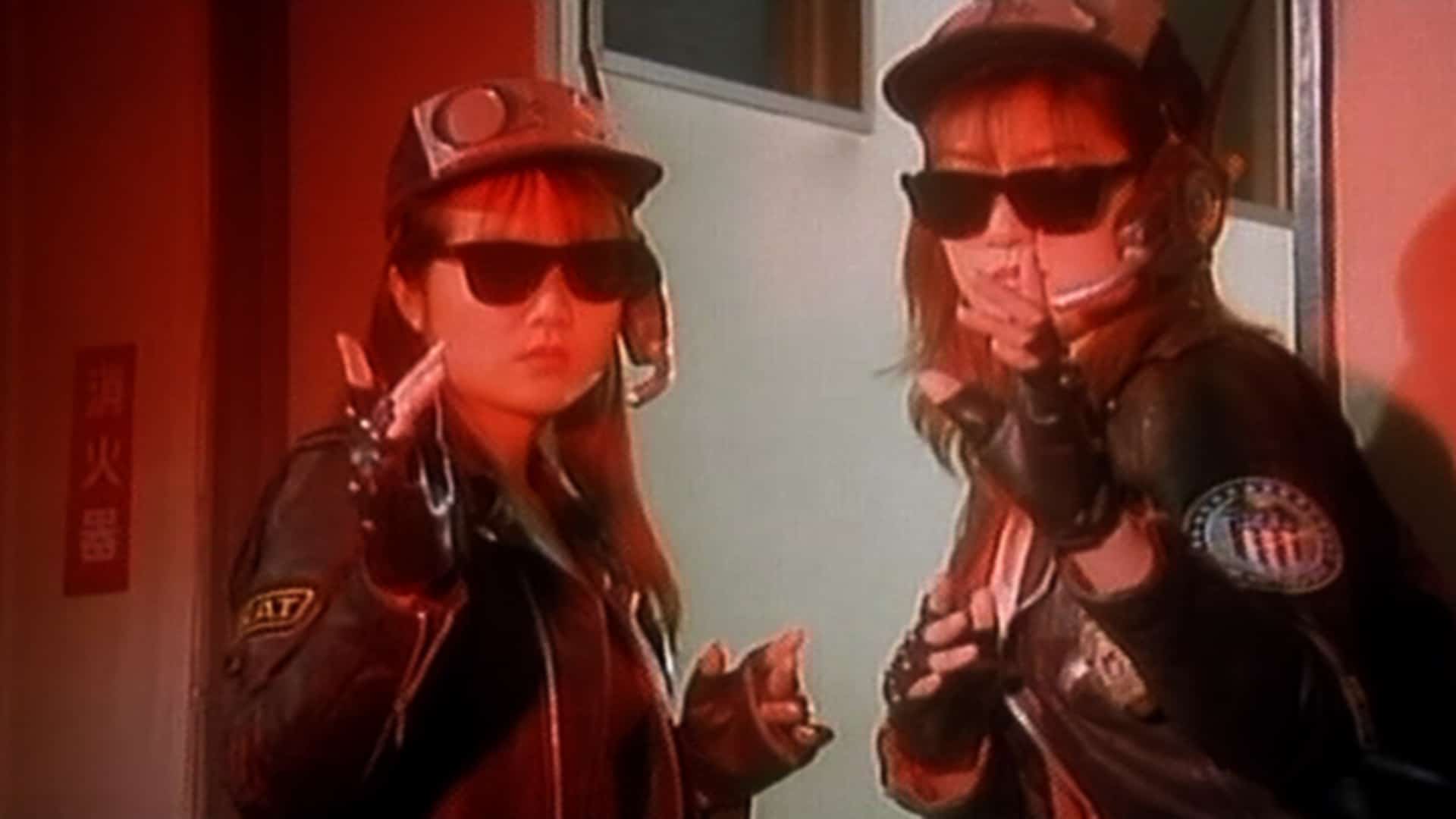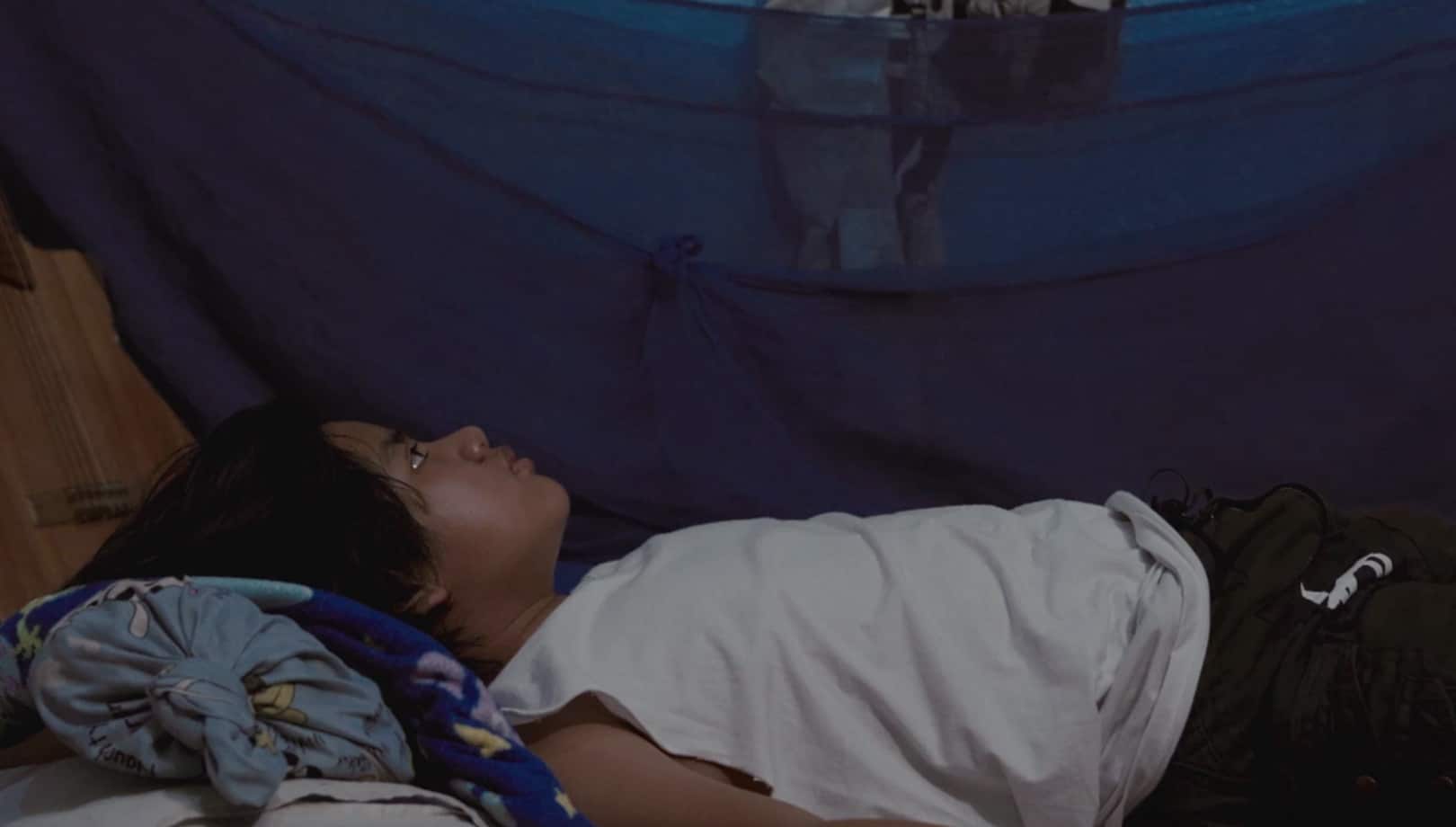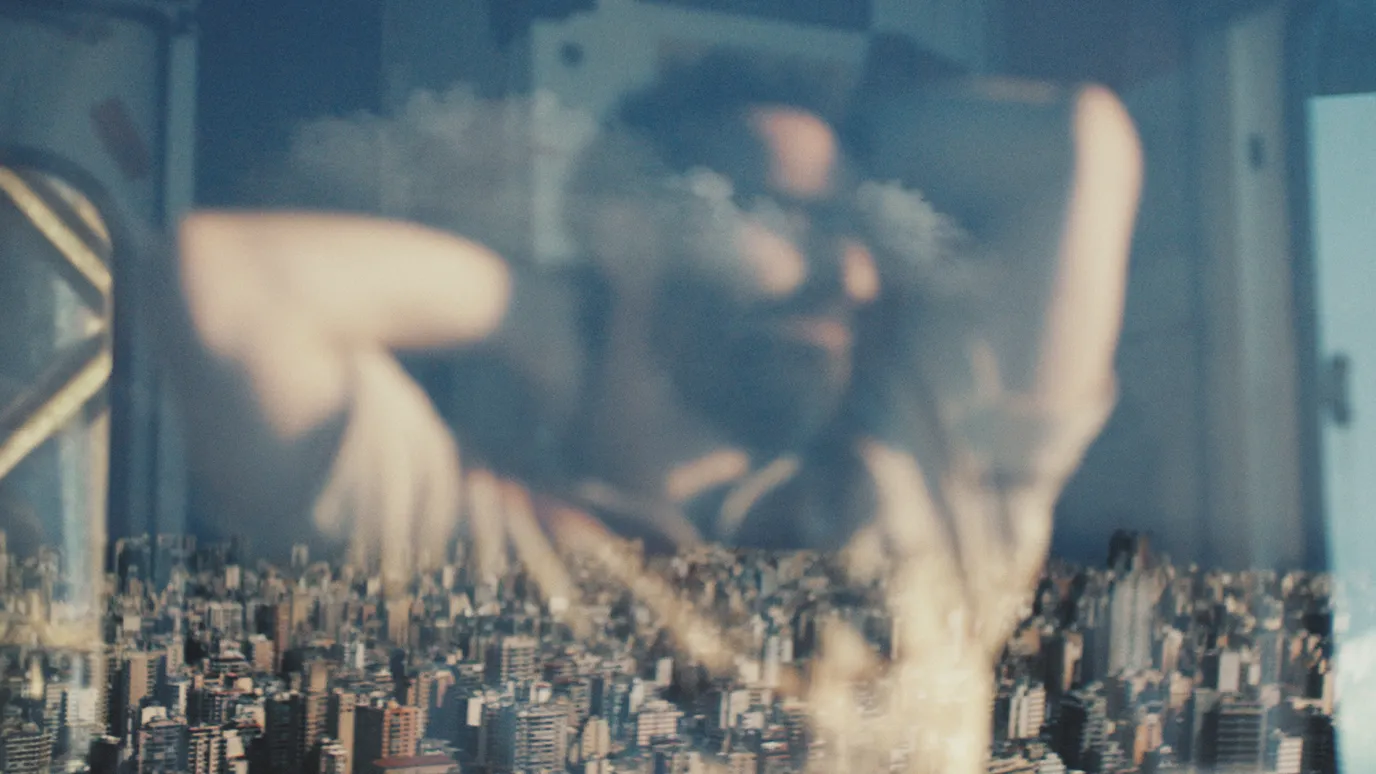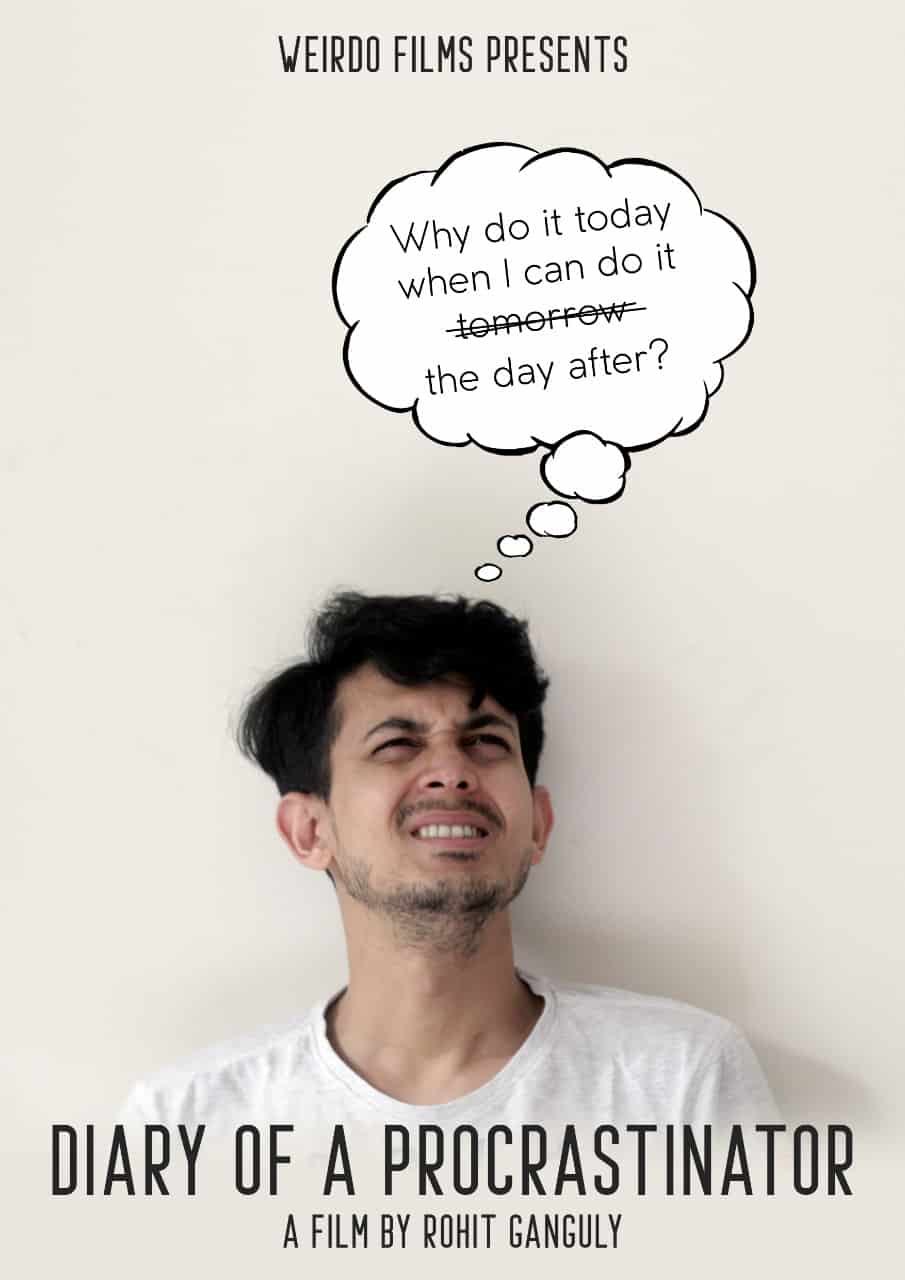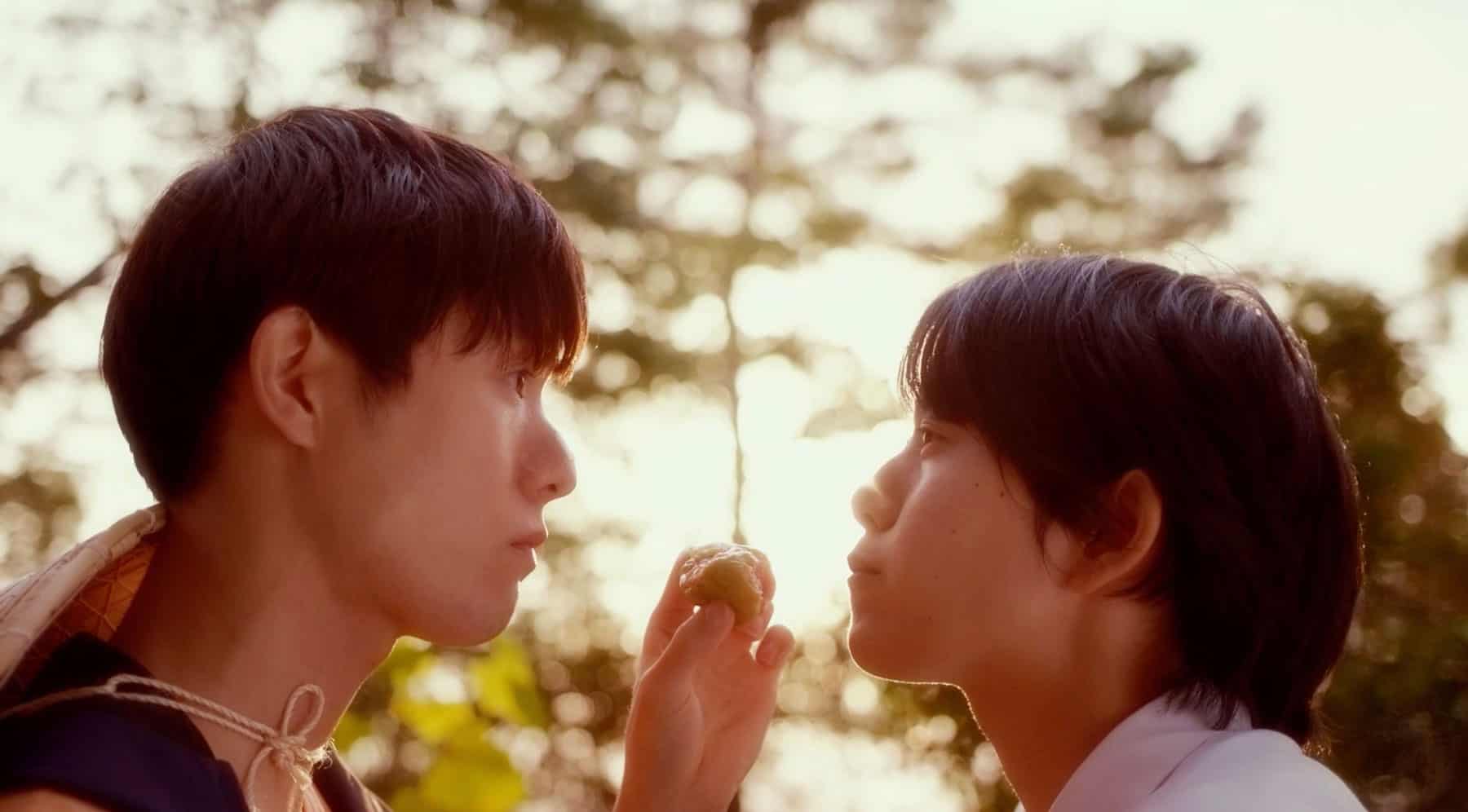At the 19th edition of Seoul Indie-Anifest, Han Ji-won's work is hard to miss. From brochures to tote bags, her pastel, luminous illustrations are plastered everywhere here. In a way, the ubiquity of her work positioned her well for the screening of her latest feature, “The Summer.” On Saturday night, audiences packed theaters, hoping to catch a glimpse of her filmic adaptation of the eponymous novel by Choi Eun-young.
“The Summer” is screening at Seoul Indie-Anifest
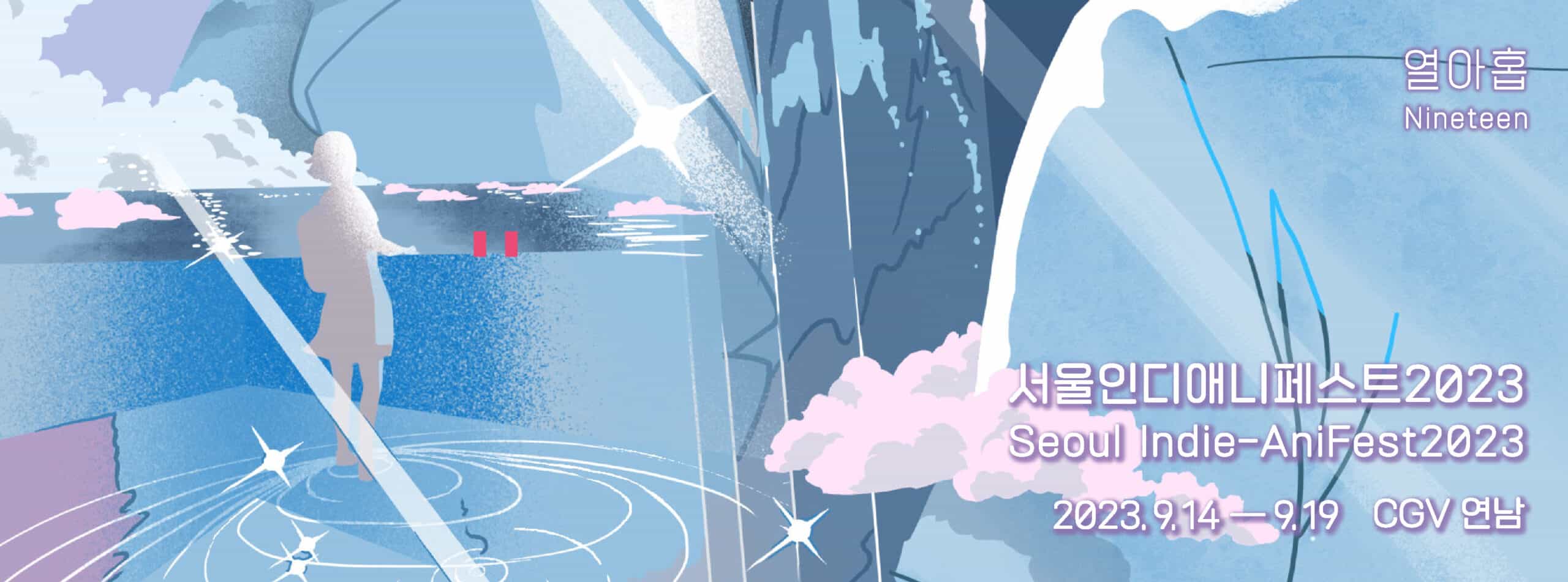
“The Summer” recreates the tender, rose-tinted atmosphere that comes with adolescent romance. Here, Lee-Kyeong (voiced by Yoon Ah-young) looks back at her first love, Soo-i (Song Ha-rim). From the get-go, the two could not be more different. While Lee-Kyeong is quiet and studious, the hardy Soo-i aspires to be a professional soccer player; while Lee-Kyeong is excited about their blossoming relationship, Soo-i keeps mum for fear of judgment. Nonetheless, in the sweet summer days in the countryside, the two exchange sweet words and clandestine kisses. They spend their final high school days blissfully envisioning their future together in Seoul.
When they finally do reach the big city at the age of twenty, however, they realize that their strings of fate – once tightly intertwined – are gradually unraveling with each passing day. Between Lee-Kyeong's university studies and Soo-i's odd jobs, their clashing personalities and their new friend circles, they find themselves increasingly in different worlds. The cracks of their relationship deepen into a chasm, until one day, the two lovebirds find themselves at a complete impasse.
At first glance, “The Summer” is reminiscent of earlier Japanese work. Like “Nana” (2006-2007), the film is set in the early 2000s; the lesbian romance is wistfully told; the narrator fondly recalls the warm memories spent together with her lover. Similarly, like Makoto Shinkai's earlier work, “5 Centimeters per Second” and “Garden of Words,” “The Summer” ruminates upon similar themes. A creeping emptiness of nostalgia seeps through all of these films, lamenting the fact of two ships, passing in the night. This is amplified by Han Ji-won's and Shinkai's commitment to illustrating the haunting beauty of their cities. In the same way Shinkai painstakingly details the Shinjuku Gyoen, Han Ji-won paves her movie with alleyways and stations recognizable to those familiar with the sprawling metropolis of Seoul. “The Summer,” then, is almost as much a love letter to the city of Seoul as it is an ode to the flirtations of youth.
Han Ji-won's work, however, allows less room for poetics than her Japanese forebears. Instead of constantly wondering aloud, “What could have been?” and “Why did we break up?”, Han Ji-won points to obvious moments of fracture. In fact, unlike the ambiguous relationships found in the aforementioned examples, “The Summer” finds its sexual tensions realized. Unlike the seemingly bisexual protagonists of “Nana,” Lee-Kyeong has no questions about who she is attracted to. She doesn't ruminate upon conversations on fate; instead, she finds herself largely empowered by choice. Han Ji-won's cast of characters, in this way, are less prone to the whims of society as they each seem to follow their own tune.
For a coming-of-age, queer film, then, this is actually quite a refreshing watch. Instead of having a protagonist search for their true love in a “Call me by your Name” style or struggle with bullying, we see the many flights and fancies of a younger heart. For Lee-Kyeong, homosexual attraction is just a side fact. It is now more important for her – as it is with any youth – of how to satiate the constant desire for something more. Lee-Kyeong searches for herself in and through the women around her, looking for role models, companions, lovers all while keeping her partner at bay.
Should the film come out on streaming in the future, “The Summer” would make for a cosy night in. Like a TV-film, “The Summer” is short and sweet, with only 88 minutes of runtime. If anything, it would be a delight if it were to run longer – but perhaps that just makes room for another future feature by Han Ji-won.


